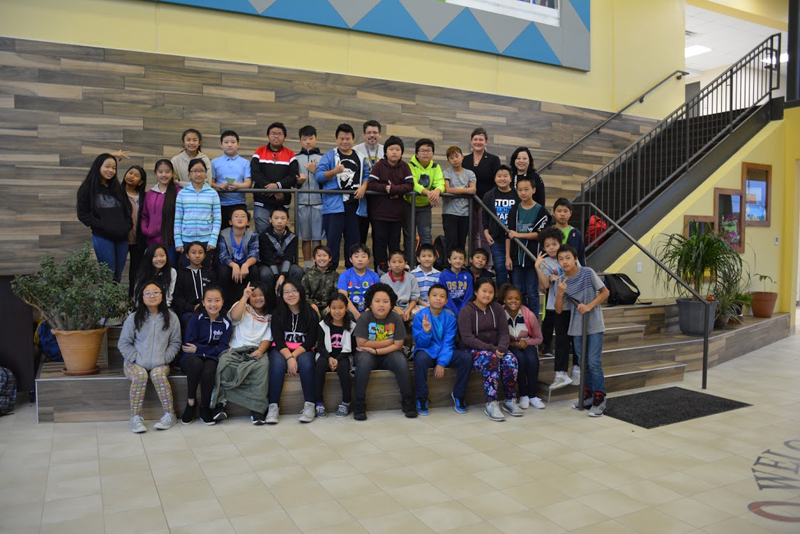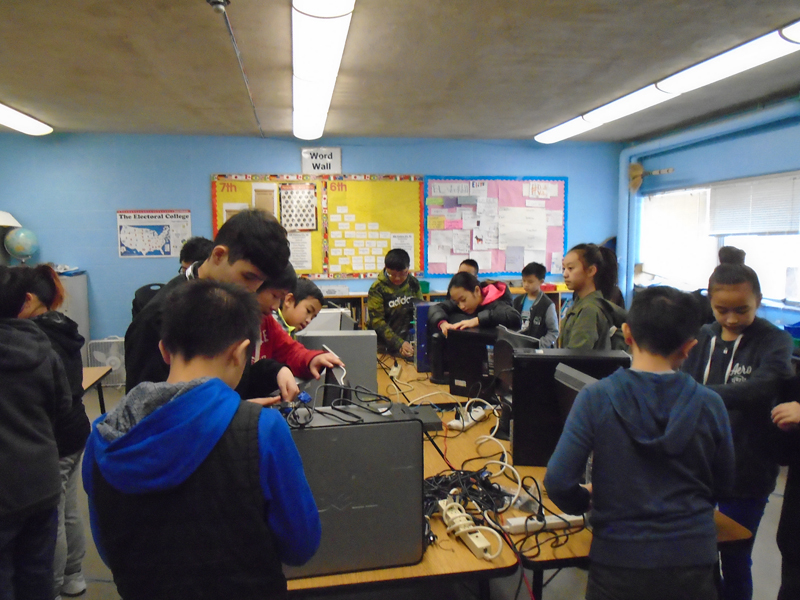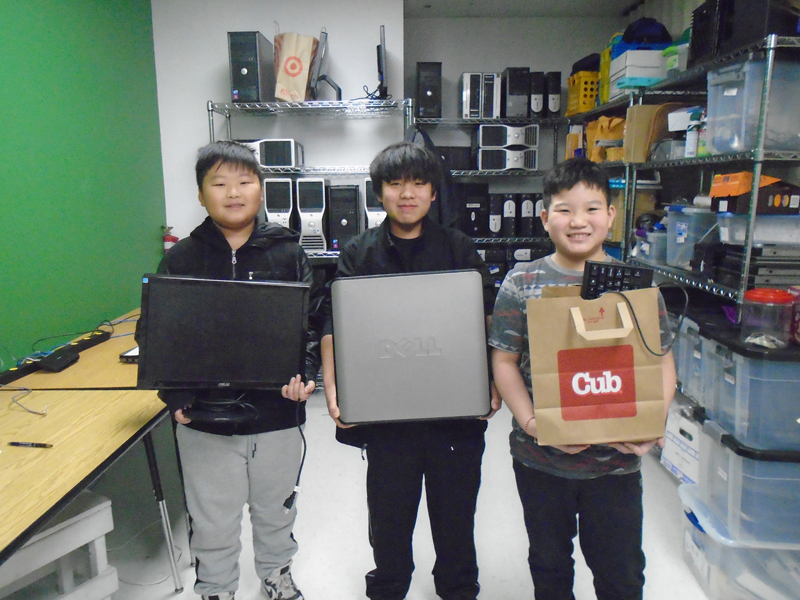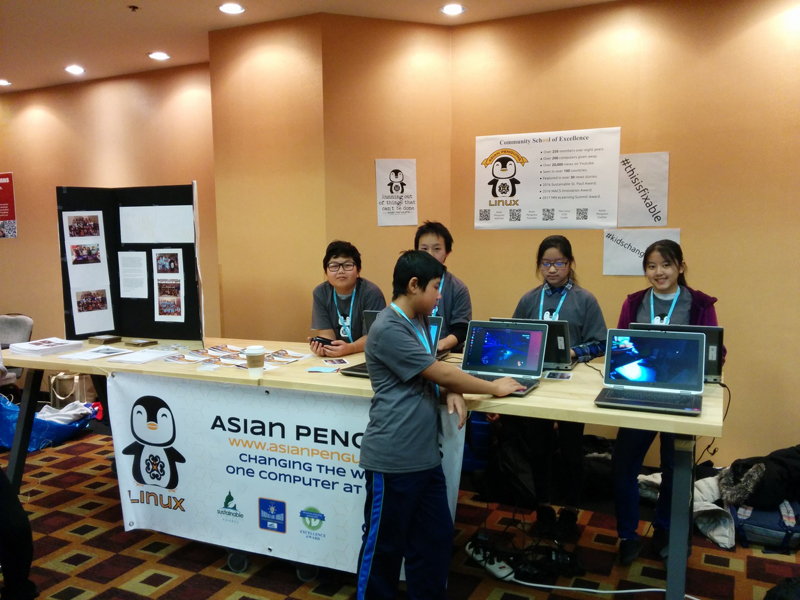

When I was young, Apple computers dominated the schools I attended. The Apple II and, later, the Macintosh Plus were kings of the classroom in the late 1980s.
This was a brilliant move by Apple Computer (this was back before Apple dropped the word "Computer" from its company name). Get the kids used to using Apple hardware and software, and then those kids will be more likely to use it when they grow up. Plus, the parents of the kids will become at least a little more likely to pick up Apple gear, so that any computer schoolwork can also be done at home. And, the same goes for the teachers. It's just a fantastic strategy to encourage adoption of a computer platform.
When it comes to Linux and, more generally, open-source software, there's no singular company responsible for promoting the platform. Luckily, many individuals and small organizations have taken up the charge of teaching free and open-source software (like Linux) to the next generation of computer users.
One such group is a computer club at a Hmong charter school in Minnesota known as the Asian Penguins.

Figure 1. The Penguins Posing for a Group Shot
Started by Stuart Keroff in 2012, the Asian Penguins is a club made up of sixth, seventh and eighth graders—both boys and girls—all focused on using Linux, as they put it, "for school, for fun, for communication, and to help others".
Their Mission: "Changing the world, one computer at a time."
Their vision: "The Asian Penguins exist to have fun and experience freedom through Linux and open source software, to share that fun and freedom with others, and to use open source software to help as many people as possible."
I love it.
In the seven years since they started, more than 200 kids have gone through the program—200 young minds working with Linux and open source. It warms my heart.
Even better? They take recycled and donated computers, load them up with Linux and other free software, and donate them to the community (including family members of students, an anti-poverty non-profit in Minneapolis, and to a St. Paul recreation center). To date, they've given away 241 computers loaded with Linux. On average, that means nearly one computer every week!

Figure 2. Hard at Work Building Computers for Those in Need

Figure 3. Students Ready to Deliver a Newly Setup Linux-Powered Computer
I reached out to Stuart Keroff to ask him two questions: where does the Asian Penguins go from here, and what advice does he have to others looking to start similar clubs in their own communities. Here's Stuart's response:
Hmm. "Where to from here?" I'm tempted to fall back on, "We'll just keep making it up as we go along."
Well, our goal for the last few years is to convince other schools to do what we're doing. We have had information tables at couple educational conferences this year, giving out brochures and answering questions for people. I will also be leading a team of students to speak at a workshop at the Hmong National Development Conference 2019 in San Jose, California. That is in April.
To further the idea of Linux clubs in schools, I wrote a website titled (rather obviously) "The Linux Club Guide". We will probably be helping a couple other Hmong charter schools here in the Twin Cities get their clubs started next year.
We will continue giving away computers to kids who need them, as they are referred to us. It's just that going forward, we're not playing catch up anymore. A kid might wait a few days or weeks to get a computer, rather than months, because we've been able to successfully take care of our referral list.
Our biggest focus is still going to be kids learning about what open-source software is and how to install, configure, and use it.
One piece of advice for someone wanting to start such a program? Start small, grow big. We do a lot of different things now, but we picked those up one at a time. You don't have to do every activity all at once. From there, experiment, use your imagination, try new things, and have fun."

Figure 4. Students from the Asian Penguins presenting at the TIES 2018 Education Technology Conference
Truly spectacular. Well done to Stuart, the rest of the faculty, and all of the kids involved with the Asian Penguins. Not only are you advancing Linux and free software, but you're making the world a better place.
Keep on rockin' in the Free world, my penguin-y friends!
—Bryan Lunduke